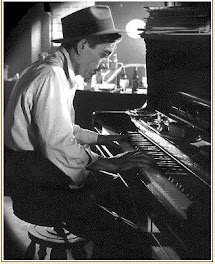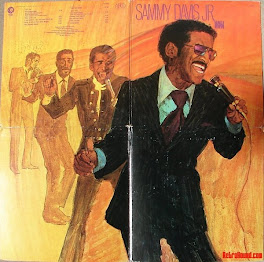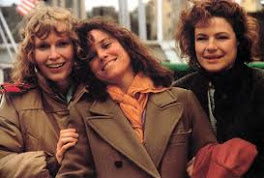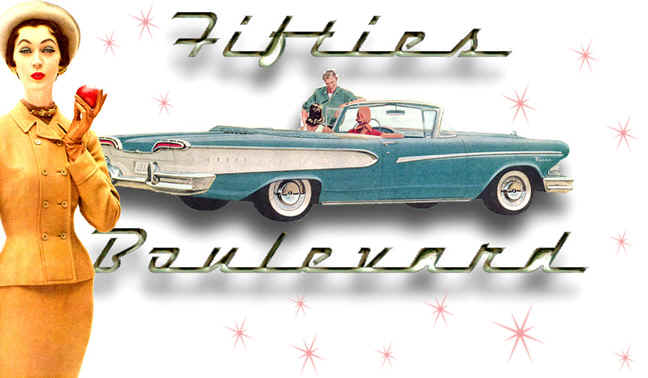We get a lot of that, the logging debris, splinter chips, hillsides looking like a bad shave, bark-shred torn away like venison mauled-off by a bear.
Walking the moss that's grown seasons high up, now in low shadows of treelings cracked haphazardly and interlocked, we follow the path of mammals.
Last night I watched John Frankenheimer's film, the one about the train burglarizing Modern art from Paris into Germany,
The mania of a colonel steeled to steal. He's High-Cultured, sure, a man with an eye and a purpose.
But he's a Nazi and uses the ways of The Reich to fetch the paintings home to him, chafed between their 'decadence' and excellence.
The Allies are near. The Resistance has its work cut out, and as in all the post-War winning views, heroic French leave lives, in existential black-and-white.
Burt Lancaster, here a Frenchman, diverts the art train's path for a full screen-hour, finally chuffs up a hill, and with his bum leg slips and staggers and ultimately rolls to loosen the lugs on the railroad ties and knock out their quoins, derailing, when soon it comes, the engine and its first car.
The end takes place, in this case, by the wooded hill abutting the railway line, the way to Deutschland.
This end brings death to hostages and 'Krauts', this ends in boxes of Degas, scattered-about Seurat, piled-up Picasso, contents of the Jeu de Paume atumble amidst the timber-trash of broken ties,
Art ambiguously crated-up from sight, inert and quiet, beautiful inside, ready for the next appreciator's ego, ready for the next dare and swaggering excuse.
Ends always come.
Ends always come.


















































